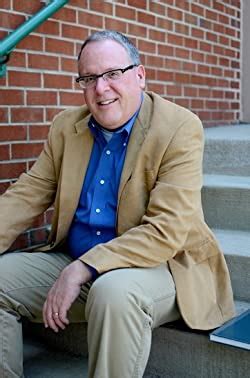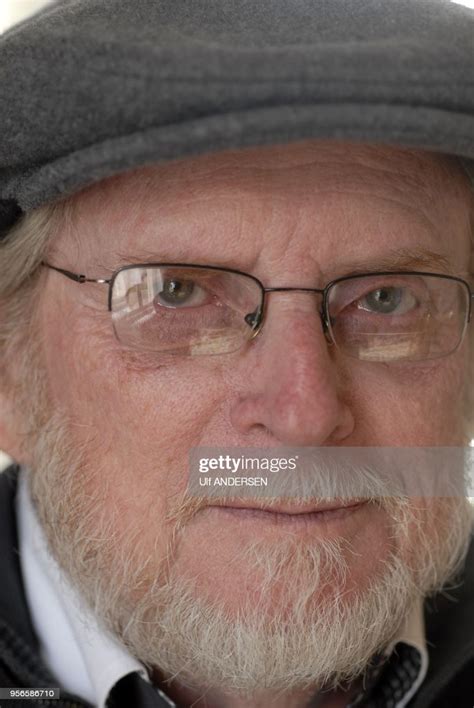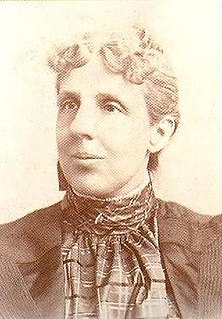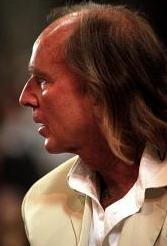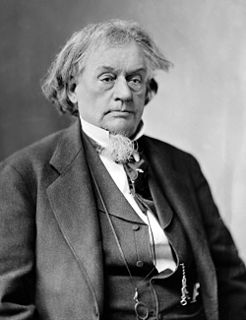A Quote by Orson Scott Card
If I wanted to doubt, then I could doubt endlessly, but at some point a person has to stop questioning and act, and at that point you have to trust something to be true. You have to act as if something is true, and so you choose the thing you have the most reason to believe in, you have to live in the world that you have the most hope in.
Related Quotes
The starting-point and chief principle of every science, and hence of theology also, is not only methodical doubt, but positive doubt. One can believe only what one has perceived to be true from reasonable grounds, and consequently one must have the courage to continue doubting until one has found reliable grounds to satisfy the reason.
Doubt is most often the source of our powerlessness. To doubt is to be faithless, to be without hope or belief. When we doubt, our self-talk sounds like this: 'I don't think I can. I don't think I will.'... To doubt is to have faith in the worst possible outcome. It is to believe in the perverseness of the universe, that even if I do well, something I don't know about will get in the way, sabotage me, or get me in the end.
Most people like to believe something is or is not true. Great scientists tolerate ambiguity very well. They believe the theory enough to go ahead; they doubt it enough to notice the errors and faults so they can step forward and create the new replacement theory. If you believe too much you'll never notice the flaws; if you doubt too much you won't get started. It requires a lovely balance.
We cannot begin with complete doubt. We must begin with all the prejudices which we actually have when we enter upon the study ofphilosophy. These prejudices are not to be dispelled by a maxim, for they are things which it does not occur to us can be questioned. A person may, it is true, in the course of his studies, find reason to doubt what he began by believing; but in that case he doubts because he has a positive reason for it, and not on account of the Cartesian maxim. Let us not pretend to doubt in philosophy what we do not doubt in our hearts.
I don't teach writing. I teach patience. Toughness. Stubbornness. The willingness to fail. I teach the life. The odd thing is most of the things that stop an inexperienced writer are so far from the truth as to be nearly beside the point. When you feel glosbal doubt about your talent, that is your talent. People who have no talent don't have any doubt.
It was true: hope could be unkind. You opened yourself up to the worst of wounds because you wanted to believe that something good could finally happen. But if you didn't? You missed this. This intense and prefect moment in which, while the world was almost literally going to hells all around you, hope and reality blended in a single, perfect note.
I think despair and cynicism are two different things. On the flip side of hope is despair. Belief and doubt are the same thing, in that to believe something you have to actively doubt the opposite. And from my perspective, that's the deep end. You're dealing with the unknown; you're dealing with mystery.


